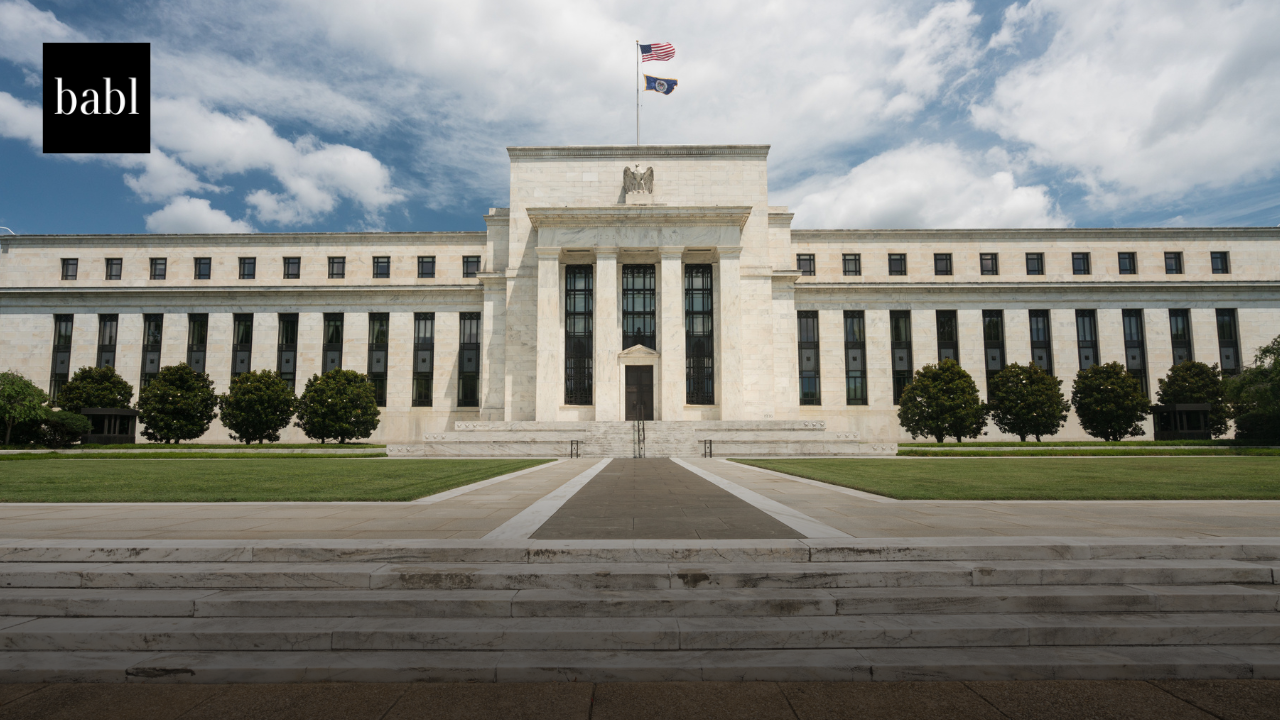Federal Reserve Governor Lisa D. Cook warned that artificial intelligence (AI) could significantly reshape the U.S. economy and affect the Federal Reserve’s dual mandate of price stability and maximum employment, in remarks delivered at the National Bureau of Economic Research’s Summer Institute.
“AI is advancing at an extraordinary pace and may be the next general-purpose technology, akin to electricity or the internet,” said Cook, emphasizing that its effects are already rippling through innovation, labor markets, and economic research. “We are at an inflection point.”
Cook described how AI, particularly large language models (LLMs), are transforming productivity and information processing both in the private sector and within the Fed itself. She pointed to research showing that models like ChatGPT now regularly outperform earlier benchmarks on economic tasks. However, she cautioned that the Fed’s use of AI remains exploratory and carefully governed.
“We are not using AI to set policy,” she said, “but rather to support staff research, coding, and economic analysis.”
Citing new Fed studies, Cook highlighted successful applications such as forecasting economic data, analyzing labor disruptions through SEC filings, and simulating professional forecaster surveys. But she also noted that many models suffer from limitations like look-ahead bias or difficulty with historical context.
Cook outlined four principles for responsible AI adoption: strong governance and risk management, workforce education, hands-on experimentation, and a readiness to halt ineffective projects. She emphasized the need for human oversight, warning against “ceding control to the machine,” and compared AI’s mystique to the 18th-century hoax of the “Mechanical Turk.”
AI’s broader economic impact, Cook said, will challenge the Fed’s assumptions about employment and inflation. While productivity gains could dampen inflation over time, initial AI-driven investment may raise prices. Similarly, labor market disruption could reframe how the Fed evaluates “maximum employment.”
“AI could both displace and create jobs,” Cook said. “We must remain vigilant to both its promise and the potential disruption.”
Calling AI “a transformative force we must engage with thoughtfully,” Cook closed by urging continued research and collaboration. “Babies born today will ask what life was like before LLMs. This moment is both exciting and humbling.”
Need Help?
If you’re wondering how AI policies, or any other government’s AI bill or regulation could impact you, don’t hesitate to reach out to BABL AI. Their Audit Experts are ready to provide valuable assistance while answering your questions and concerns.





